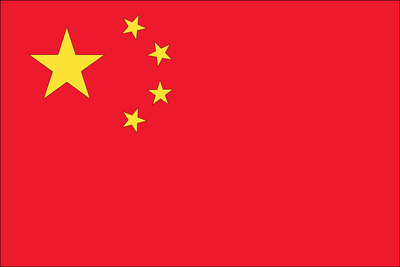December 9, 2016
A Chinese regulatory body levied a $17 million fine against Medtronic for setting low-end prices on certain devices, and officials said that could just be the "tip of the iceberg."
Nancy Crotti

A $17 million fine levied by the Chinese government against Medtronic PLC this week may signal a closer look at foreign medtech business dealings in general in that country.
China's National Development and Reform Commission (NDRC) fined Medtronic for refusing to allow the company's dealers and distributors to discount prices for its insulin pumps, pacemakers and other medical devices, according to a report by Reuters. The agency said this increased costs to patients.
Medtronic confirmed the investigation and said that it accepts the NDRC's decision, the Reuters report said.
"We are absolutely committed to ensuring that we are in full compliance with local laws and regulations," a company spokesman told the Wall Street Journal.
Medtronic is just the "tip of the iceberg," said the NDRC's official publication, the China Economic Herald. The agency is investigating 100 medtech and pharmaceutical companies, according to the Journal report.
Chinese media reported that more than 40 NDRC officials raided Medtronic's Shanghai headquarters in April, and that company employees deleted emails and refused to answer questions, the Journal story said. Chinese TV reported that Medtronic fired any dealers who sold items for less than the price set by the company.
Foreign medtech firms dominate the market in China, where regulators have been investigating price-fixing by domestic and foreign healthcare-related companies since 2013. Medtech industry eyebrows were raised when the Chinese government sent out a survey on device makers' pricing and business practices, seeking an unusual amount of detail.
The following year, China fined Johnson & Johnson, Bausch & Lomb, and some other companies a combined total of more than $3 million over price fixing in the contact and eyeglass lens markets.
Business groups have complained China's anti-monopoly actions, which they say has been enforced more heavily against foreign companies than homegrown Chinese firms, according to a report by the Associated Press.
As its economy slows, China has been trying to restrain healthcare costs, the Journal reported.
Medical devices can cost much more in mainland China than in neighboring markets such as Hong Kong and Taiwan, Professor Zhou Zijun from Peking University's School of Public Health, told the newspaper. Beijing closely monitors prices outside the country to determine whether that the ones in China are inflated, he said.
Nancy Crotti is a contributor to Qmed.
Like what you're reading? Subscribe to our daily e-newsletter.
[image courtesy of PIXABAY]
About the Author(s)
You May Also Like


